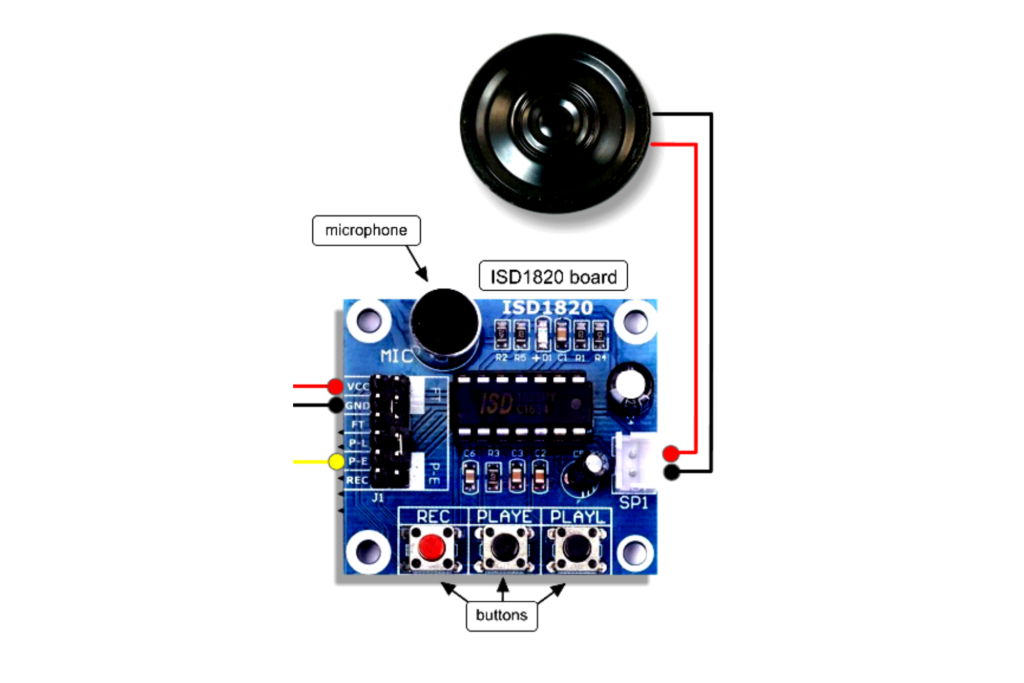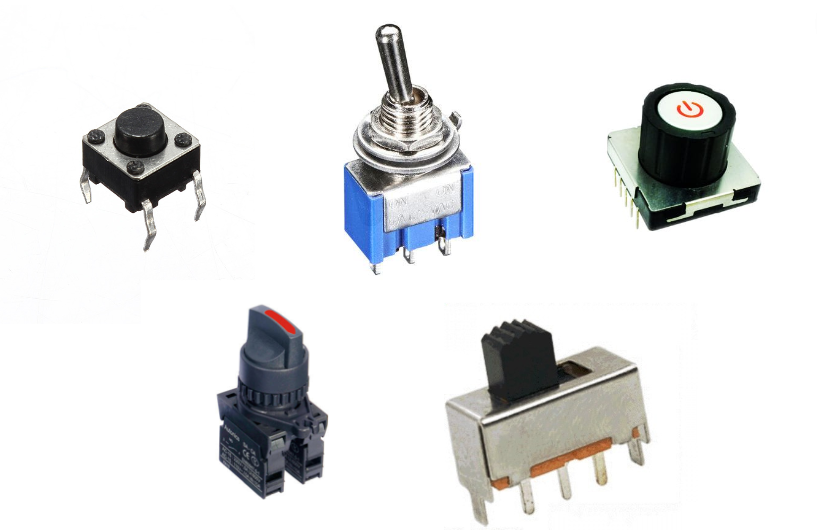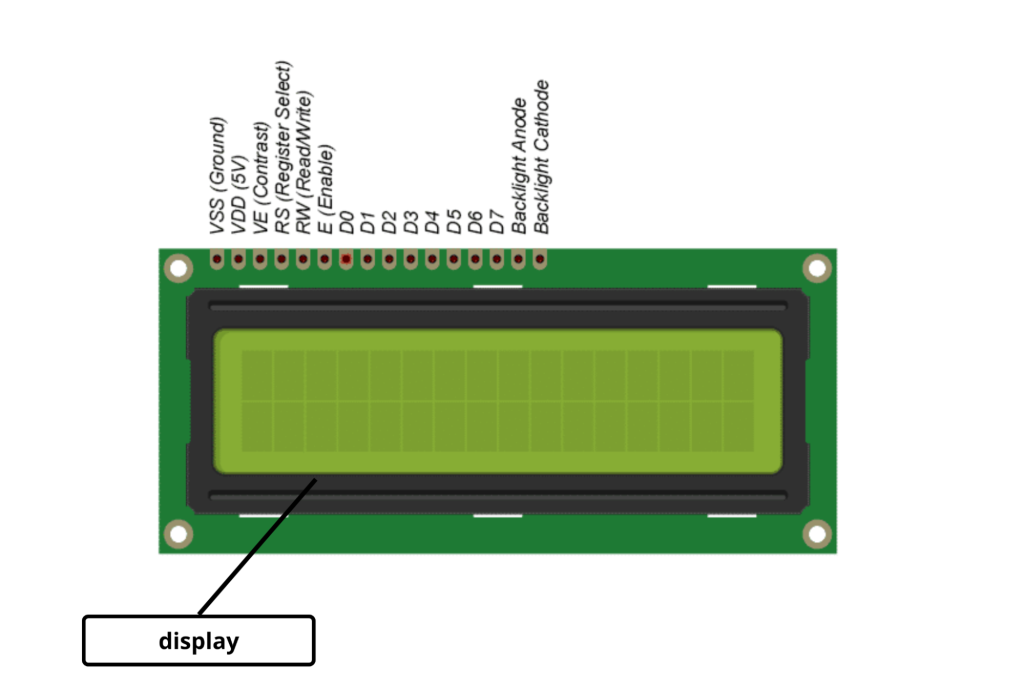
Raindrop sensor is a board on which nickel is coated in the form of lines. It works on the principle of resistance. The rain Sensor module allows measuring moisture via analog output pins and it provides a digital output when a threshold of moisture exceeds.
A rain drop sensor has 4 pins, a sensing pad and connectors. The pins are as follows:-
1. VCC: Connects supply voltage- 5V
2. GND: Connected to ground
3. D0: Digital pin to get digital output
4. A0: Analog pin to get analog output
How to use
Tutorial –
https://www.youtube.com/watch?v=pj8wtib_ItQ
Common Applications
1. Automobile sectors to control the windshield wipers automatically.
2. Smart agriculture systems.
Some example projects that students can try out in the ATL Lab
1. Create a raindrop sensing system ( )
Tutorial Linkhttps://microcontrollerslab.com/raindrop-sensor-arduino-detector/
2. Automatic Rain Sensing Car Wiper System Using Arduino –
https://www.youtube.com/watch?v=RxWD_-h7O8Y
Safety Measures to follow
1. Do not use a Sensor in an environment where there are explosive or inflammable gases
3. The sensor should be checked regularly to remove dust, mud and other material that may get stuck on it.
Important Links
1. Introduction to the rain drop sensor module (https://youtu.be/H62xzxI-4A0)
YouTube Video


